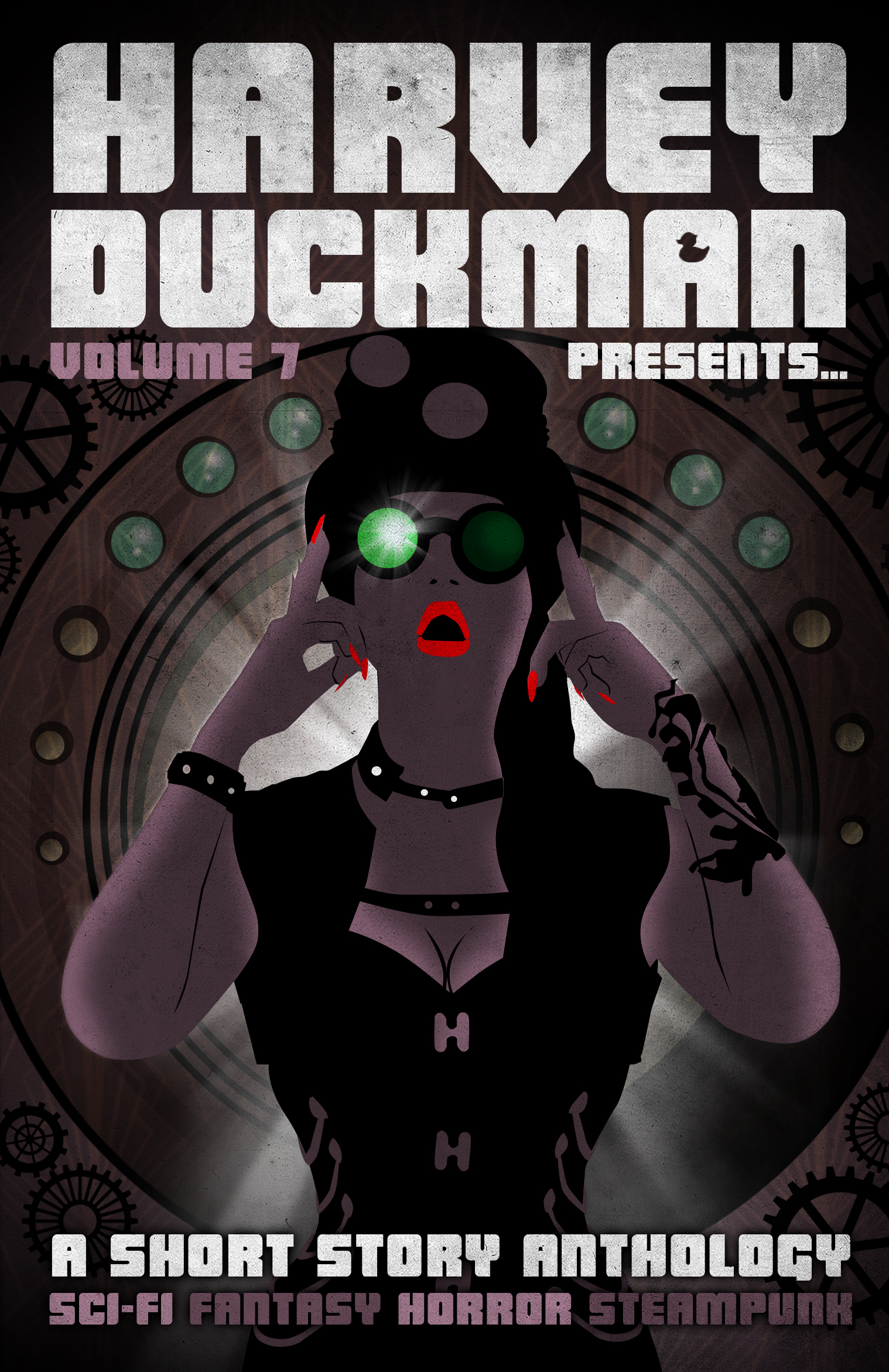The following piece started life as an exericise in mood, atmosphere, and tone.
I’m waiting for some first readers to get back to me on it. One first reader offered, “I got a sickening chill when I got to the end.”
Hurray! I won!
Let me know what you think.
The Last Drop
People use to come from miles around to watch my father pour gas. He could pour gas through the eye of a needle into a siphon-tank without spilling a drop. They’d come, their near empty gas cans on the back of their buckboards, the cans braced all around so they wouldn’t fall over, spill, slosh around.
There were special gas pouring days back then and dad was the only one in our country who had a license to pour.
It was a wondrous thing to watch. He’d put one can on the ground in front of him, walk around it a few times, maybe put his hands on his hips or cross them over his chest and lift one hand to stroke the stubble on his chin, considering. Real difficult pours, he’d get down on his knees and hands, put his head down at ground level, looking around the can, checking for balance; would the can teeter as it filled? Would it slide as it neared full?
Then he’d start with a single, small, drop. A “test drop,” he’d call it. Everybody held their breath. He’d check the neck of the can after the test drop, make sure there was no spillage.
Warm days were the worst. Everybody’d have to stand back lest the fumes got inhaled. Couldn’t have that. Other pourers weren’t as careful as my dad. The fumes would escape and everybody’d have to go see the magistrate, explain what happened. Why weren’t proper precautions taken? My father never had to face that, never had to worry about asking the community to make a decision; make them decide what value would this person bring us? Is their contribution moving forward worth the gasoline fumes now resting in their lungs, in their blood? We can extract the fumes, reconstitute the gasoline, but the person would die.
Greetings! I’m your friendly, neighborhood Threshold Guardian. This is a protected post. Protected posts in the My Work, Marketing, and StoryCrafting categories require a subscription (starting at 1$US/month) to access. Protected posts outside those categories require a General (free) membership.
Members and Subscribers can LogIn. Non members can join. Non-protected posts (there are several) are available to everyone.
Want to learn more about why I use a subscription model? Read More ch-ch-ch-ch-Changes Enjoy!



